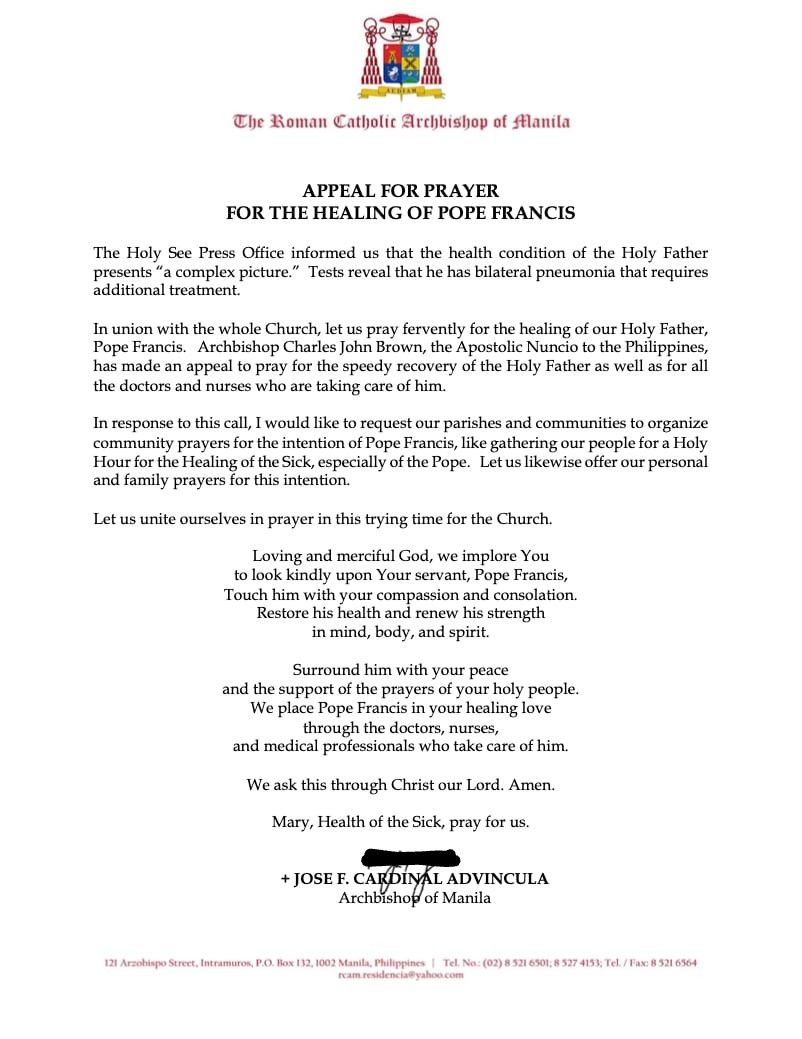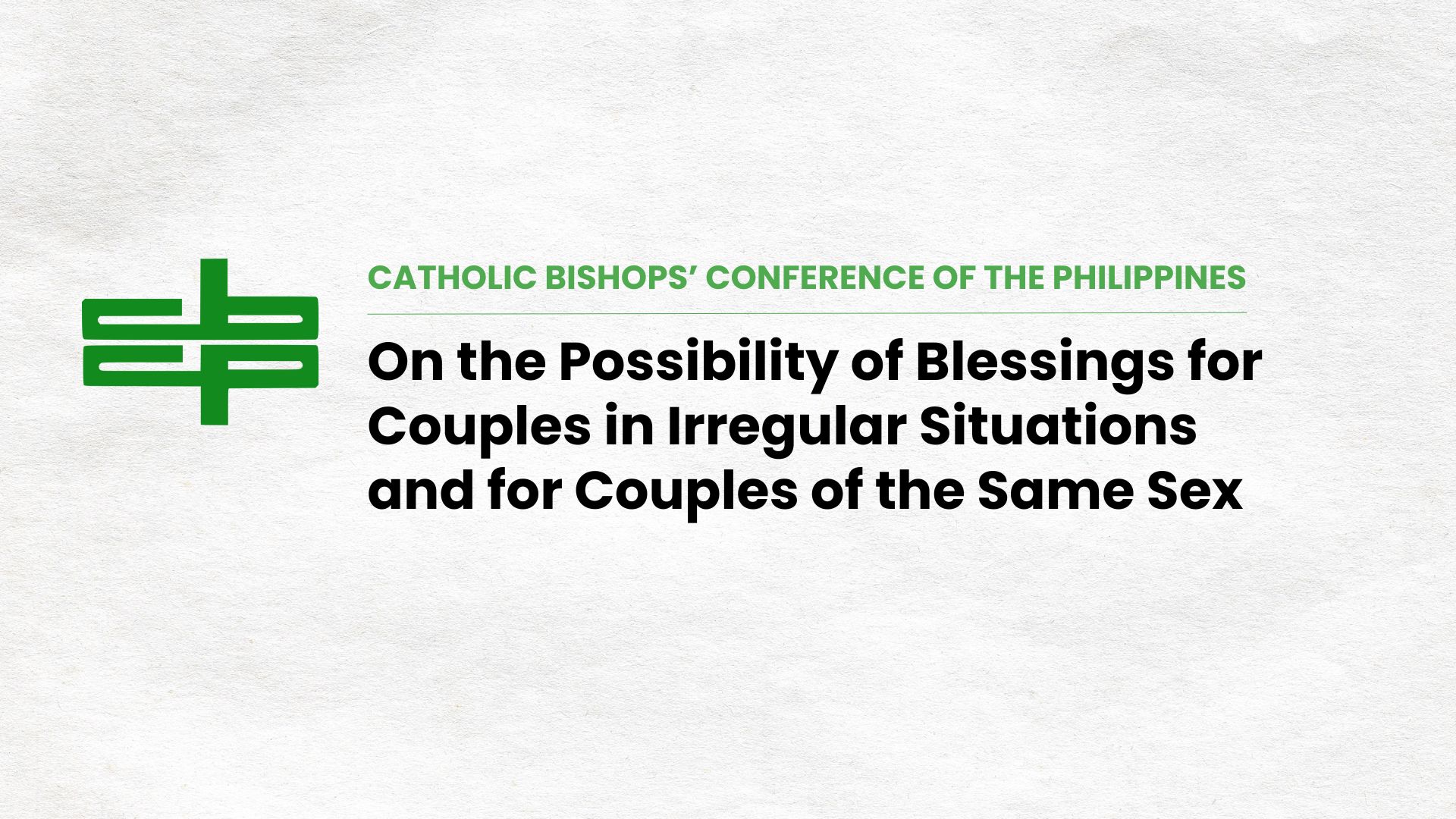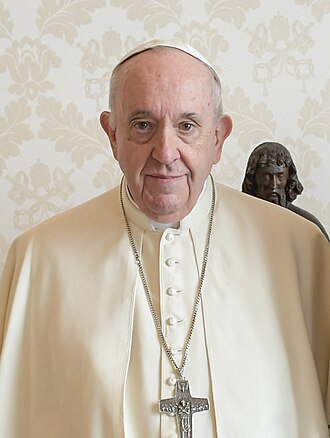
Pope Francis at the General Audience April 20, 2016. Credit: Daniel Ibanez/CNA.
.- On Sunday Pope Francis said that we can’t improve our political landscape by observing and judging from afar, but that it involves personal involvement, which should always be done in a spirit of charity and helpfulness.
“Try to act personally instead of just looking and criticizing the work of others from the balcony,” the Pope said Oct. 1.
But make your advice constructive, he continued. “If the politician is wrong, go tell him, there are so many ways to say, ‘But I think that would be better like so, like so…’ Through the press, the radio… But say it constructively.”
“And do not look out from the balcony, look at her from the balcony waiting for her to fail.”
Pope Francis spoke to people in the Italian town of Cesena during a day trip to Cesena and Bologna Oct. 1. In Cesena he met with citizens of the town and with priests, religious and lay people at the city’s cathedral.
In the 18th and 19th centuries, Cesena was the birthplace of Pope Pius VI and Pope Pius VII. Also in the 19th century Francesco Xaverio Castiglione (the future Pope Pius VIII) was bishop of Cesena, thus giving the city its nickname of the “city of the three popes.”
In Bologna the Pope’s schedule included meetings with migrants and refugees, clergy and religious, academics and students, and workers and the unemployed.
“The authentic face of politics and its reason for being,” Francis said, is “an invaluable service to the good of the whole community. And that is why the Church’s social doctrine regards it as a noble form of charity.”
In order to re-establish the independence and the ability of politics to serve the public good, he continued, we must “act in such a way as to diminish inequalities, to promote the welfare of families with concrete measures, to provide a solid framework of rights-duties – balance both – and make them effective for everyone.”
Therefore, the Pope said, from the centrality of the “piazza” – the square – goes out the message that it is “essential to work together for the common good.”
“I invite you to consider the nobility of political action in the name and favor of the people,” he said. In recent years, the true aim of politics has appeared to retreat in the face of aggression and financial power.
Thus, we must “rediscover the value” of this essential part of society and give our contribution – recognizing the need for political ideas to be held up to reality and reshaped as necessary.
We shouldn’t claim an impossible perfection from those in public life, he stated, but we should still “demand” from politicians “the coherence of commitment, preparation, moral rectitude, initiative, forbearance, patience and strength of spirit in addressing today’s challenges.”
This won’t fix everything quickly or easily, of course, he continued. “The magic wand doesn’t work in politics.” But if a politician does wrong: constructively tell them, he encouraged.
We all make mistakes, Francis said. And when we do, we should apologize, return to a right path and go on.
Concluding, he said that it is the right of everyone to have a voice in politics, but especially we should listen to “the young and the elderly.” To young people because they are the ones with the energy to do things, and to the elderly because they have the wisdom and authority of life.
The people expect from good politics the defense and “harmonious development” of their heritage and its best potential, he said.
“Let us pray to the Lord for the raising of good politicians who really care for society, the people and the good of the poor.”











